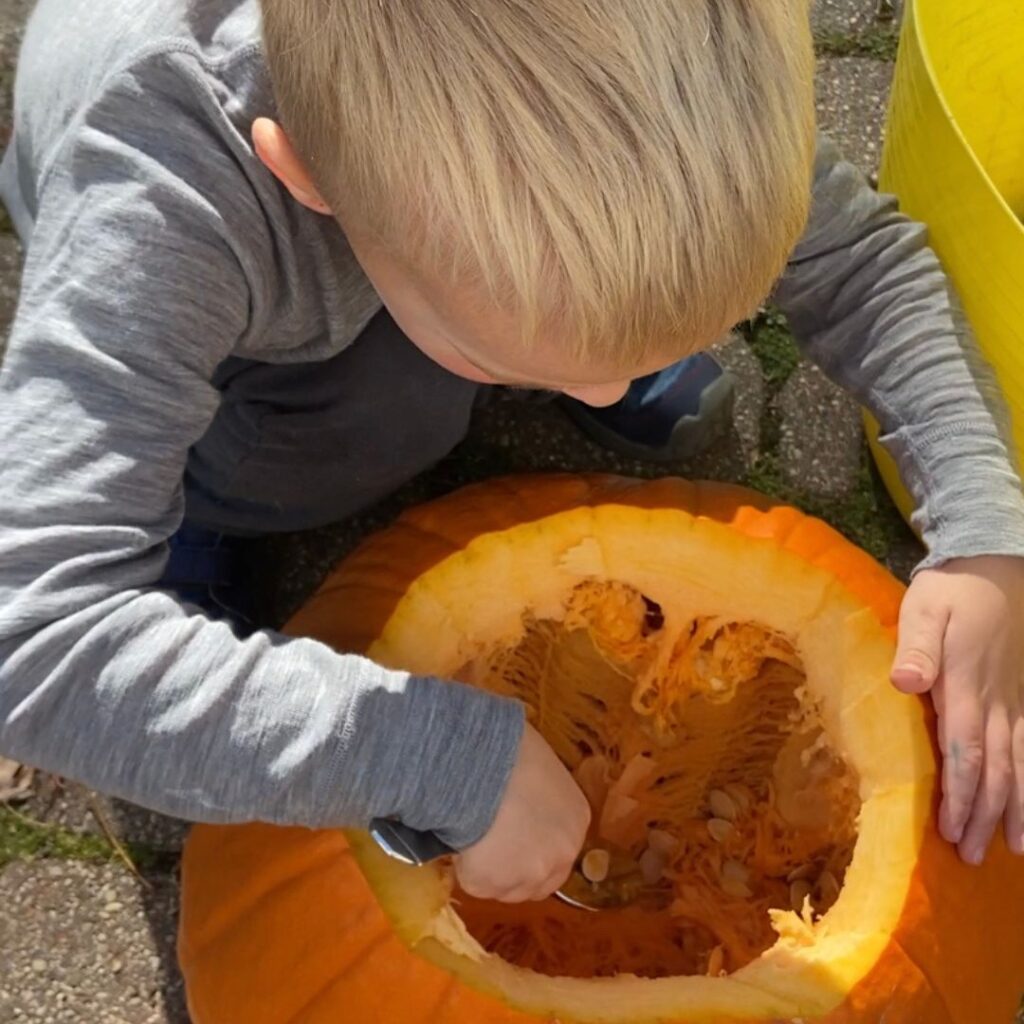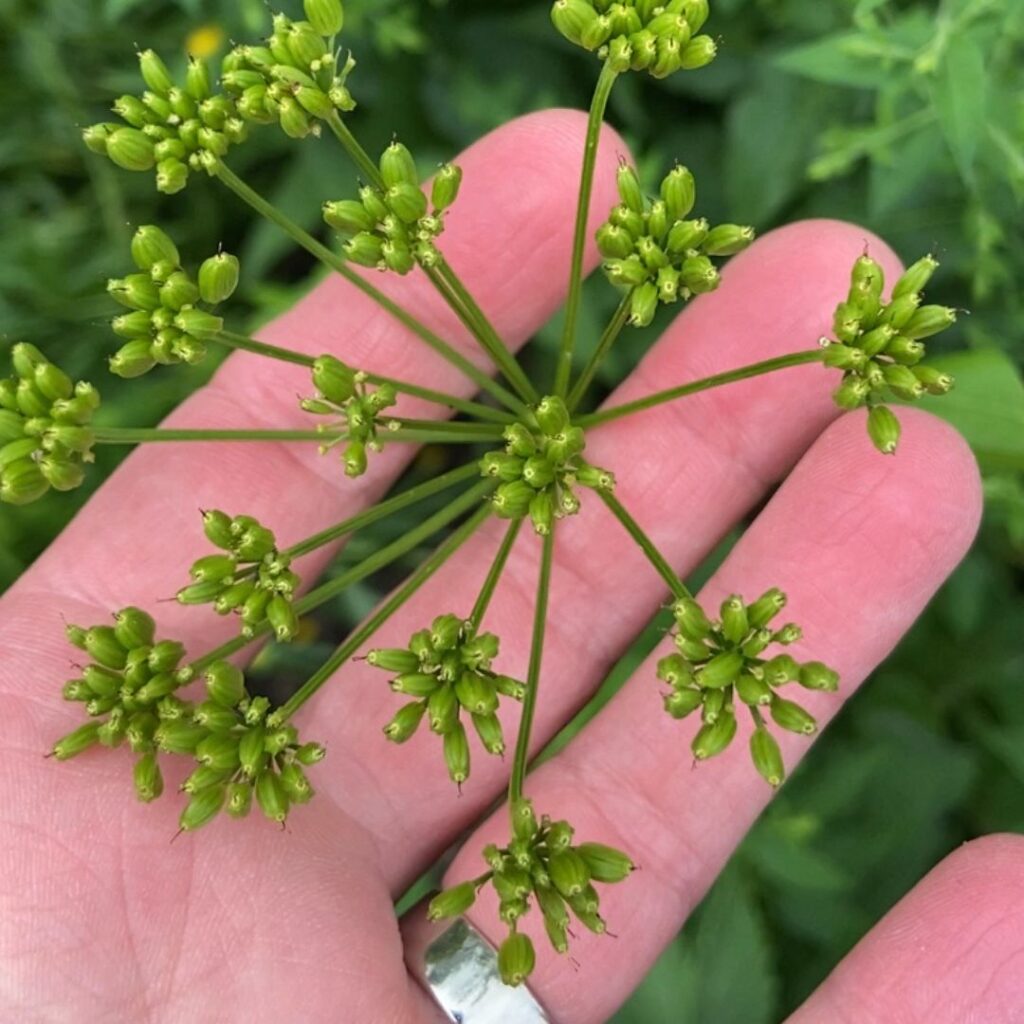I’m coming out of a solid 10 days of non-COVID illness that has me feeling extremely thankful for my usual good health.
During much of that time, I completely lost my sense of smell and most of my sense of taste. (Glad to say both are gradually coming back.)
And this happened as we’ve started with an occupational therapist to support our young son with his sensory processing issues.
Since our son was diagnosed with Autism Spectrum Disorder (Level 1) just over a year ago I’ve been learning about sensory processing, and thinking more and more about how we all experience the world around us through our senses.
It’s especially intriguing how sensory experiences in nature can help us self-regulate — whether we have a neurophysiological condition or not.

If you’ve been with me for awhile, you know that my practices often include connecting with your five basic senses in nature: sight, sound, touch, taste, smell.
Your senses are a powerful doorway into presence, stillness and hearing your intuition.
Yet “connecting with your senses” certainly isn’t the same for everyone.
An experience that feels delicious and soothing to one person — such as touching moss or listening to Sandhill crane calls — can feel overwhelming and scary to another person.
Acknowledging how you process sensory input is a powerful way to know yourself more fully.
This knowing enables you to more fully support yourself and find more ways to ease your anxiety with nature.
An empowering place to start is to recognize whether you’re a sensory avoider or a sensory seeker. This can also be enlightening to know about your loved ones.
If you’re a sensory avoider, you tend to have hypersensitivity to sensory input and it can feel overwhelming.
If you’re a sensory seeker, you tend to have hyposensitivity to sensory input and you look for (or create) more stimulation.
You can also have a combination of the two, depending upon the circumstances. (For instance, whether you’re at a social event vs in a natural setting.)
How can this knowledge help you more easily self-regulate and relieve anxiety with nature?

First, simply knowing this about yourself, or a loved one, enables you to respond to challenging situations with compassion and love, rather than judgement or criticism.
Second, very generally stated, exposing your brain to a different level of sensory stimulation than you tend to prefer — while still feeling safe — helps your brain adapt and react to sensations more efficiently. This helps with self-regulation.
So, sensory seekers (like my son and me) can benefit from exploring and simply being with more subtle aspects of nature. Such as dew drops hanging on grass, or lichen growing on tree bark.
Whereas, sensory avoiders (like my husband and daughter) benefit from stimulating experiences that still feel safe, like star gazing, or a walk at dusk or dawn when the birds are singing loudly.
Anytime we choose more self-awareness and greater self-knowledge, we increase our ability to help ourselves.
It’s truly an act of empowerment.
And, as always, Mother Earth is right there with you. Offering to support you in your journey of self-discovery.
I’d love to hear what you think of this, and whether it resonates for you in some way. Shoot me an email, if you’re inclined to share!
And, if you find this valuable, you’ll LOVE my newsletter. It’s full of nature-based wisdom that helps you clear anxiety with ease, so you can hear your beautiful intuition. CLICK HERE to sign up and receive a free gift!
xoxo,
Steph
p.s. I’m not a doctor or therapist and am simply sharing my personal experiences and insights because I believe what I’ve learned could help someone else. 💕